Nutrition Tips for a Healthy First Trimester
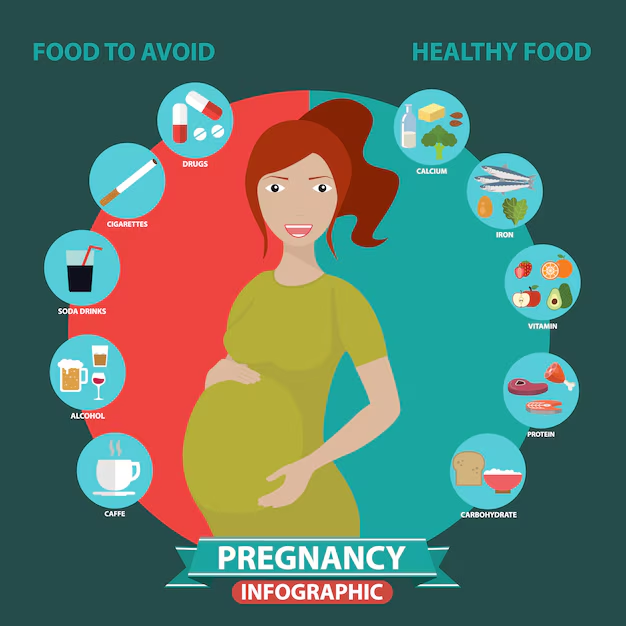
The first trimester of pregnancy is a critical time for both the development of your baby and the well-being of your body. During this early stage, proper nutrition plays an essential role in supporting fetal development, alleviating common symptoms, and ensuring that both mother and baby are set on a healthy path for the remainder of the pregnancy. As your body undergoes various physiological changes, your nutritional needs will evolve to support both growth and optimal health. Below are key nutrition tips to ensure a healthy first trimester:
1. Prioritize Folate-Rich Foods
Why It’s Important:
Folate, also known as Vitamin B9, is one of the most important nutrients during the early stages of pregnancy. Adequate folate intake is crucial for the prevention of neural tube defects, such as spina bifida, and for the proper development of the baby’s brain and spinal cord. The body’s need for folate increases dramatically during pregnancy, especially in the first trimester.
Sources to Include:
- Leafy greens (spinach, kale)
- Fortified cereals
- Legumes (lentils, chickpeas)
- Avocados
- Oranges and citrus fruits
- Asparagus
Tip: It is highly recommended that pregnant women take a folic acid supplement (400-800 mcg per day) starting before conception and throughout the first trimester to meet the recommended levels.
2. Boost Your Iron Intake
Why It’s Important:
Iron is a critical mineral for the formation of hemoglobin, which carries oxygen in your blood. As pregnancy progresses, the volume of blood in your body increases, leading to a higher demand for iron to ensure both you and your baby are adequately oxygenated. Iron deficiency can lead to anemia, fatigue, and complications for both mother and baby.
Sources to Include:
- Lean meats (chicken, turkey, beef)
- Spinach and other dark leafy greens
- Legumes and beans
- Fortified cereals
- Tofu
- Pumpkin seeds
Tip: To enhance iron absorption, pair iron-rich foods with vitamin C-rich foods such as oranges, bell peppers, and strawberries. This combination helps increase the bioavailability of iron.
3. Focus on Protein for Growth and Repair
Why It’s Important:
Protein is a macronutrient that is essential for the growth and development of the baby’s tissues, including muscles and organs, and for the production of enzymes and hormones. During the first trimester, protein helps build the foundations for rapid cell division and fetal growth.
Sources to Include:
- Lean meats (chicken, turkey, fish)
- Eggs
- Greek yogurt
- Beans and lentils
- Tofu and tempeh
- Nuts and seeds
Tip: Aim to include a source of protein in each meal to support steady fetal growth and maintain maternal health.
4. Incorporate Healthy Fats
Why It’s Important:
Healthy fats, including omega-3 fatty acids, are vital for the development of the baby’s brain and eyes. These fats also support the absorption of fat-soluble vitamins (A, D, E, and K) and help maintain healthy cell function throughout pregnancy.
Sources to Include:
- Fatty fish (salmon, mackerel, sardines)
- Chia seeds, flaxseeds, and walnuts
- Avocados
- Olive oil and coconut oil
- Nut butters (almond, peanut)
Tip: Aim for at least two servings of fatty fish per week to meet omega-3 requirements, but be mindful of mercury levels in certain fish species. Choose low-mercury options like salmon and sardines.
5. Stay Hydrated
Why It’s Important:
Hydration is crucial during pregnancy, especially in the first trimester when your body undergoes significant fluid shifts. Proper hydration supports increased blood volume, helps combat common pregnancy symptoms like nausea and constipation, and ensures the transport of nutrients to your developing baby.
Sources to Include:
- Water (the most important)
- Herbal teas (such as ginger or peppermint for nausea)
- Coconut water (hydration and electrolytes)
- Fresh fruit and vegetable juices
Tip: Aim for at least 8-10 cups of water daily. You may need more if you experience vomiting, diarrhea, or higher levels of physical activity.
6. Manage Morning Sickness with Nutrient-Dense Snacks
Why It’s Important:
Morning sickness affects many women in the first trimester, and it can make it difficult to eat full meals. Maintaining adequate nutrition during this period can be challenging, but incorporating small, frequent meals can help you manage nausea and provide essential nutrients.
Suggested Snacks:
- Crackers or dry toast (carbs are often easier to tolerate)
- Fresh fruit like apples or bananas
- A handful of nuts or trail mix
- Smoothies with fruits, yogurt, and greens
- Plain rice or oatmeal
Tip: If morning sickness is severe, consider consuming bland, easy-to-digest foods and avoid strong-smelling or greasy foods that may trigger nausea.
7. Consider Prenatal Vitamins
Why It’s Important:
While a balanced diet is the foundation of a healthy pregnancy, prenatal vitamins provide additional support for both you and your baby. Prenatal vitamins contain a comprehensive array of essential nutrients, including folic acid, iron, calcium, and DHA, which may be difficult to obtain through diet alone, especially during the first trimester.
Key Nutrients in Prenatal Vitamins:
- Folic Acid: Prevents neural tube defects.
- Iron: Supports healthy blood volume and prevents anemia.
- Calcium: Builds the baby’s bones and teeth.
- DHA (Docosahexaenoic acid): Supports brain and eye development.
Tip: Always consult with your healthcare provider before starting any supplement regimen to ensure it aligns with your specific needs.
8. Avoid Harmful Foods and Substances
Why It’s Important:
During pregnancy, there are certain foods and substances that can pose a risk to both the mother and the baby. It’s crucial to avoid these to ensure optimal health outcomes.
Foods to Avoid:
- Raw or undercooked seafood, eggs, or meat (to reduce the risk of bacterial or parasitic infections)
- Unpasteurized dairy products (to avoid Listeria risk)
- Excessive caffeine and alcohol
- Certain types of fish with high mercury content (like shark, swordfish, or king mackerel)
Tip: If you're unsure about the safety of a particular food, always consult with your healthcare provider.
Related Articles
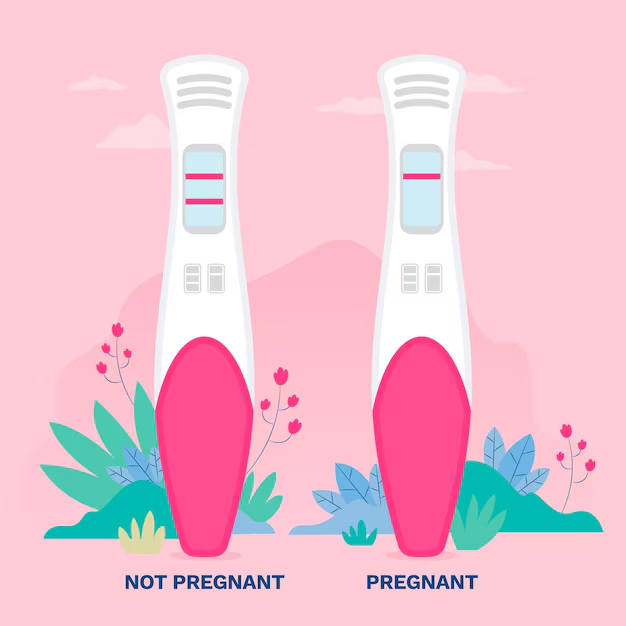
Understanding Pregnancy Tests: How They Work

Baby development at 18 weeks
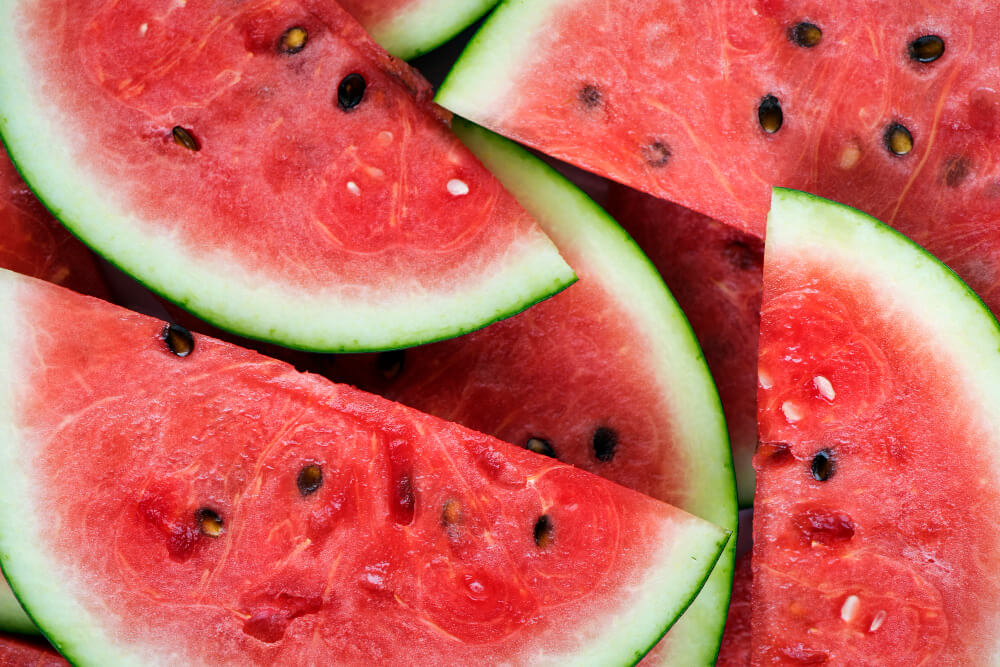
Baby development at 40 weeks
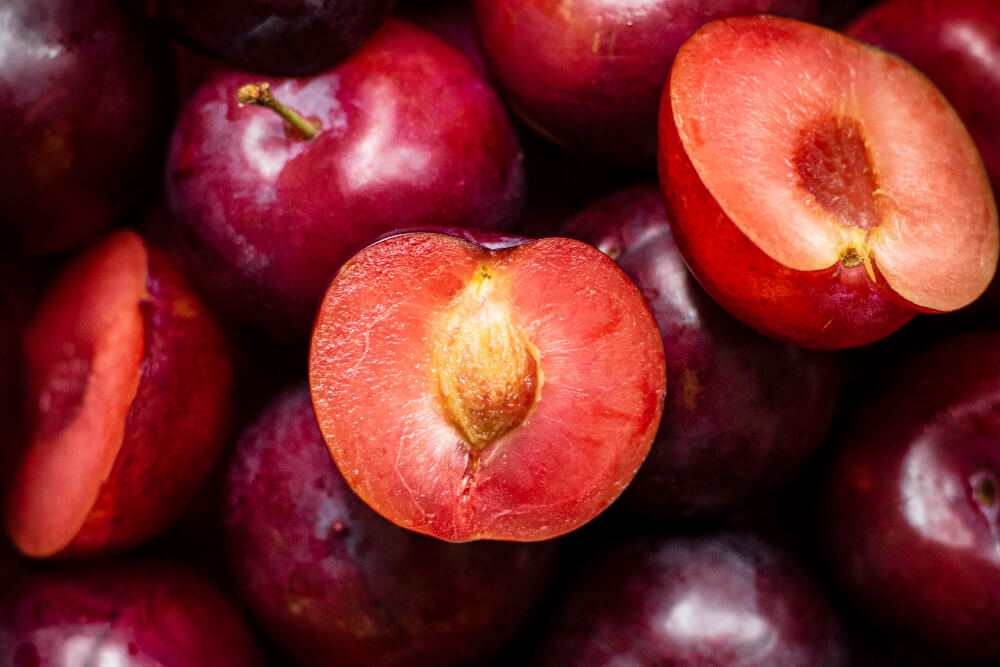
Baby development at 13 weeks

Baby development at 6 weeks

Preparing for Labor and Delivery

Baby development at 37 weeks
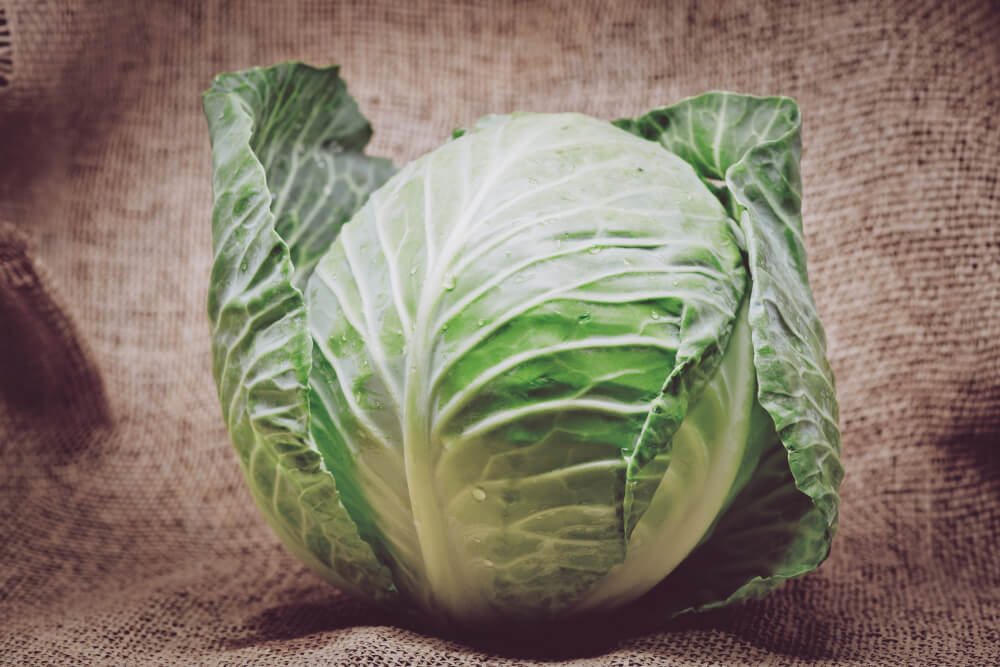
Baby development at 30 weeks